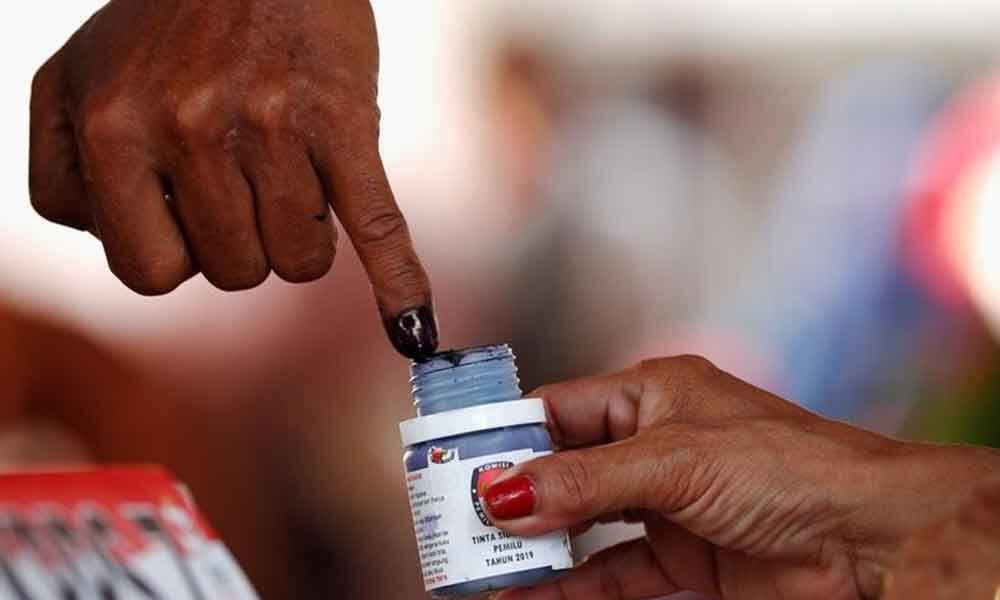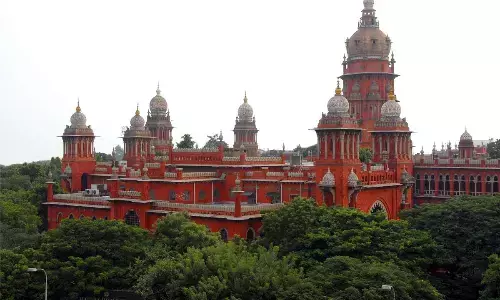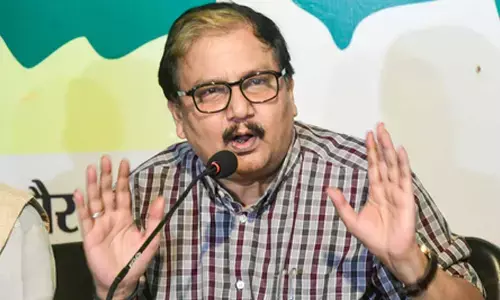Hunting for fake news, trolls in Indonesia's polls

The first online troll I met was a middle-aged, potbellied Indonesian man, dressed casually in jeans and sneakers. He said his nickname was "Commandant".
The first online troll I met was a middle-aged, potbellied Indonesian man, dressed casually in jeans and sneakers. He said his nickname was "Commandant".
Ahead of Indonesia's elections this month, I and fellow Jakarta correspondent Agustinus Beo Da Costa had spent months trying to get into the world of fake news and propaganda that had flooded social media in the nation of 260 million people.
Long before the April 17 vote, it was clear that social media would play a major role in the elections.
With more than 100 million accounts, Indonesia is Facebook's third-largest market and a top-five market globally for its platforms WhatsApp and Instagram, as well as rival Twitter.
We had heard that parties and candidates had hired trolls and "buzzer teams" - so called for the online buzz they could create - as campaign tools, and managed to convince Commandant to speak to us after weeks of messaging on WhatsApp via intermediaries.
He agreed to an interview, but on condition it was conducted in a hotel room and that we publish no details that would allow him to be identified.
Initially jittery, Commandant turned effusive when speaking about his team of fifteen "cyber troops" and the dozens of election operations they had run together.
He took out three phones and showed us the 250 or so fake accounts he personally maintained across Facebook, Instagram, WhatsApp, Youtube, and Twitter.
The members of his teams had around the same amount of fake accounts, he added.
On a Facebook and Twitter account supposedly of a young woman living in Jakarta that he showed, Commandant had posted almost daily photos of coffees he himself drank across Indonesia.
The accounts, which had thousands of followers, were rented out to politicians and brands targeting millennials for their messages, to knock down opponents or defend against criticism, he said.
Commandant maintained that his activities were legal and that he did not spread fake news, but several of the posts he showed us contained clear instances of disinformation.
Fanny Potkin














